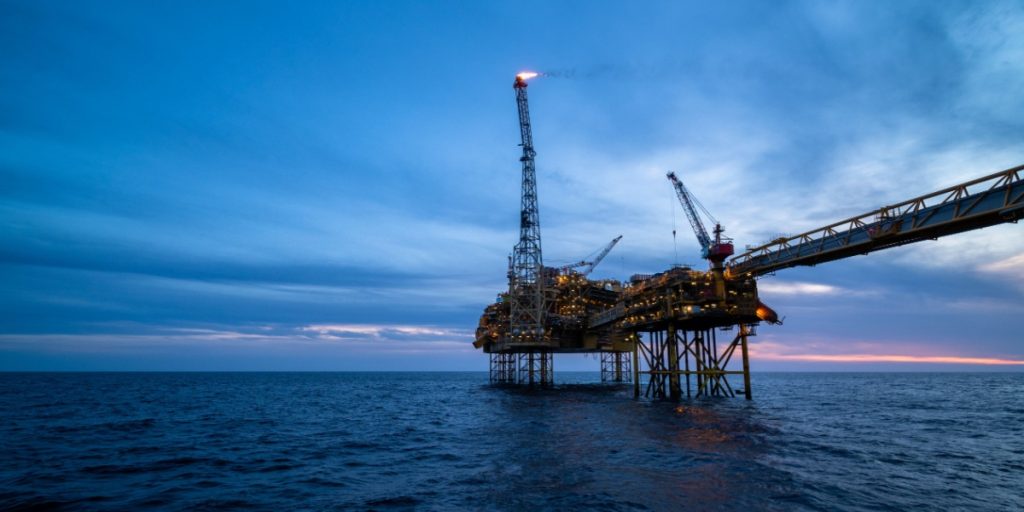Six European countries bordering the North Sea commit to a joint effort to safeguard vital underwater assets
Others are reading now
On Tuesday, Britain and five other major European countries with coastlines along the North Sea have made an agreement to protect critical underwater infrastructure.
This collective action, which includes Britain, Belgium, Denmark, Germany, Norway, and the Netherlands, is largely motivated by escalating concerns over potential threats to subsea cables and pipelines, notably from Russian hostilities.
A Unified Front Against Emerging Threats
According to Reuters, the agreement, formalized through a joint declaration signed in London, aims to fortify the North Sea region’s defenses by facilitating the exchange of crucial intelligence among the participating countries.
The security of undersea cables and pipelines has become a focal point for Western European nations after the September 2022 explosions that damaged the Nord Stream 1 and 2 pipelines. These pipelines are essential for transporting gas from Russia to Germany across the Baltic Sea.
Also read
The Broader Security Context
In May 2023, NATO expressed concerns that Russia might target undersea cables as a form of retribution against Western countries for their support of Ukraine, amid escalating global security risks following the Gaza war.
“The North Sea is the powerhouse driving Europe’s renewable and net zero ambitions, helping to strengthen energy security on the continent. It’s crucial we protect its critical energy infrastructure now and in the future,” stated Andrew Bowie, British minister for nuclear and renewables.
“Strengthening ties with our key northern European neighbors as we have today will do just that, ensuring the infrastructure is resilient against those who may seek to threaten or disrupt it,” he continued.


